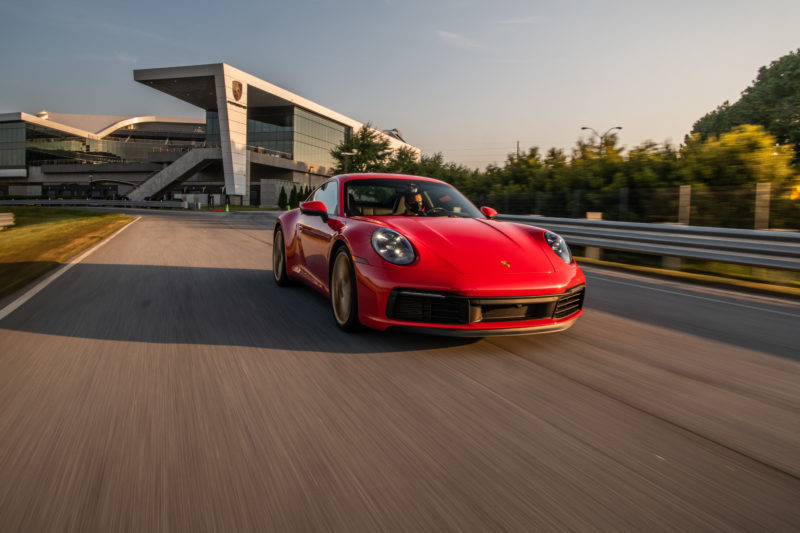
Somehow, every year, Porsche manages to find a new batch of people who are both interested in and capable of purchasing a brand new Porsche. Aside from a light COVID-caused sales downturn in 2020, Porsche has been continuing a long upward sales trend line for the last couple of decades. With continued worries about global semiconductor chip shortages, Porsche still continues to believe that it will deliver more cars in 2022 than it had in the new record year of 2021. How can that be?
“When I look at the current orders, I’m confident for 2022. Growth in sales could reach a similarly high level this year as in 2021,” Detlev von Platen said in an interview with German language industry magazine Automobilwoche.
That level of growth would be absurdly high in today’s marketplace. Many dealerships sit empty as chip shortages, shipping delays, and production shutdowns continue to run rampant through the car world. Porsche can’t keep cars on the showroom floor, selling as many as they can build as quickly as they can build them. In 2021 Porsche’s sales grew globally by 11 percent to a new record of 301,915 units moved. If von Platen’s prediction is correct and Porsche sees a similar level of growth, the company would sell more than 335,000 cars globally!
According to a report from Reuters, von Platen also commented that Porsche is in the process of hiring an additional 400 workers to help the company’s global workforce top 40,000 people. The company has seen demand rise in recent years, and will likely continue to see that happen, as it continues to innovate in the sports car world. With massive success found in the electric car market, the Taycan has done quite well for the brand, selling in huge numbers, nearly eclipsing the standard bearer 911 sports car in units moved last year. Porsche is supposed to be unveiling the new all-electric Macan later this year, and that could help contribute to even more growth for the company.
So how does Porsche continue to weather the storm when it comes to the global chip shortage? Thankfully Porsche is a part of a much larger automotive conglomerate, Volkswagen Auto Group. With the purchasing power of one of the largest automakers in the world, Porsche can get hold of some chips. Volkswagen wants to funnel its chips to brands like Porsche, Audi, and Bentley to continue fueling those brands’ growth. Obviously there is more profit per unit in a 911 or Cayenne than the average Jetta or Tiguan. As this chip shortage continues to drag on, expect to see even more of that preferential treatment from VAG, and even more sales from Porsche.
